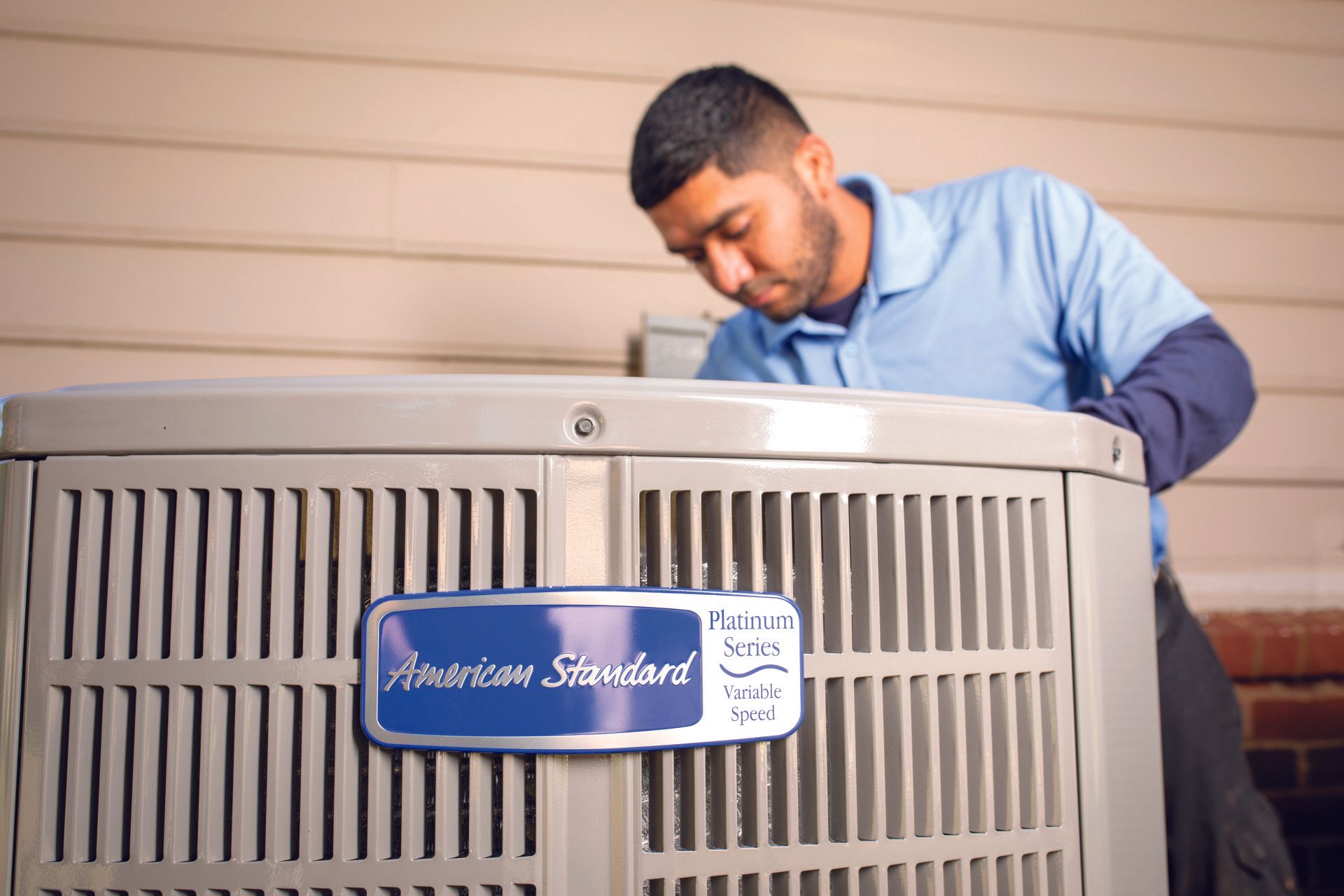
Call Today For Fast HVAC Service!
Furnaces
Our furnace installation, repair, and maintenance service will keep you warm all winter.
Keeping your Greenville, SC home warm and comfortable when you need it most!

At Eastergard HVAC, we pride ourselves on delivering top-quality furnace service to the residents of Greenville, SC. Whether you need routine maintenance, emergency repairs, or a complete furnace replacement, our team of highly trained and certified technicians is here to ensure your home stays warm and comfortable throughout the winter months. Regular maintenance is key to keeping your furnace operating efficiently and preventing unexpected breakdowns. Our comprehensive maintenance services include inspecting and cleaning all components, checking for potential issues, and ensuring your system is running at peak performance. Trust Eastergard HVAC to keep your furnace in top condition, providing reliable heat when you need it most.
In addition to maintenance, Eastergard HVAC offers expert repair services for all types and brands of furnaces. If your furnace is making strange noises, not heating properly, or has stopped working altogether, our skilled technicians will diagnose the problem quickly and provide effective solutions to restore your heating system. We understand the importance of a functional furnace during the cold season, which is why we offer prompt and efficient repair services to minimize downtime and discomfort. For those in need of a new furnace, we also provide professional installation services, helping you choose the best system for your home’s needs and ensuring a seamless installation process. Choose Eastergard HVAC for all your furnace service needs in Greenville, SC, and experience unparalleled customer service and expertise.
Furnace Basics
The four main components of your furnace are:
Burner: The burner is the heart of the furnace, where fuel (usually natural gas, propane, or oil) is mixed with air and ignited to produce heat. This process is crucial for generating the heat that will be distributed throughout your home. The burner must operate efficiently to ensure optimal combustion and energy use.
Heat Exchanger: The heat exchanger is responsible for transferring the heat generated by the burner to the air that circulates through your home. As the burner heats up the exchanger, air from your home's return ducts blows over it, absorbing the heat. This heated air is then pushed through the ductwork and into the living spaces, ensuring your home remains warm and comfortable.
Blower Motor and Fan: The blower motor powers the fan that circulates air through the furnace and the duct system. After the air is heated by the heat exchanger, the blower fan pushes it into the supply ducts, distributing it evenly throughout your home. The blower motor and fan are essential for maintaining consistent airflow and temperature in all rooms.
Thermostat: The thermostat is the control center of your furnace system. It monitors the indoor temperature and signals the furnace to turn on or off to maintain the desired temperature set by the user. Modern thermostats often come with programmable features, allowing you to set heating schedules and improve energy efficiency, ensuring comfort while minimizing energy consumption.

Call Eastergard Today for all of your HVAC service and installation needs.
Heating & Air Conditioning FAQs
What Does HVAC Stand For?
HVAC stands for Heating, Ventilation, and Air Conditioning. It encompasses the systems used for moving air between indoor and outdoor areas, along with heating and cooling residential and commercial buildings. These systems keep you warm in the winter and cool in the summer while ensuring indoor air quality.
How Often Should I Have My HVAC System Serviced?
It’s recommended to have your HVAC system serviced twice a year: once before the cooling season (spring) and once before the heating season (fall). Regular maintenance helps prevent breakdowns, improves efficiency, and extends the lifespan of your system.
How Can I Improve My HVAC System's Efficiency?
Improving efficiency can be achieved through regular maintenance, such as cleaning or replacing air filters, sealing duct leaks, ensuring proper insulation, and upgrading to a programmable thermostat. Additionally, scheduling professional tune-ups and considering energy-efficient system upgrades can significantly enhance performance.
What Does HVAC Maintenance Include?
HVAC maintenance typically includes inspecting and cleaning coils, checking refrigerant levels, inspecting and tightening electrical connections, lubricating moving parts, checking thermostat settings, and ensuring the system is operating correctly. Regular maintenance helps prevent breakdowns and ensures efficient operation.
Why is Regular HVAC Maintenance Important?
Regular maintenance improves system efficiency, extends the lifespan of your equipment, helps prevent costly breakdowns, and ensures optimal performance. It also improves indoor air quality and can lower energy bills by keeping the system running efficiently.
When Should I Replace My HVAC System?
Consider replacing your system if it’s over 15-20 years old, requires frequent repairs, is no longer efficient, or if you’ve noticed a significant increase in energy bills. Newer systems are more energy-efficient and can provide better comfort and cost savings.







